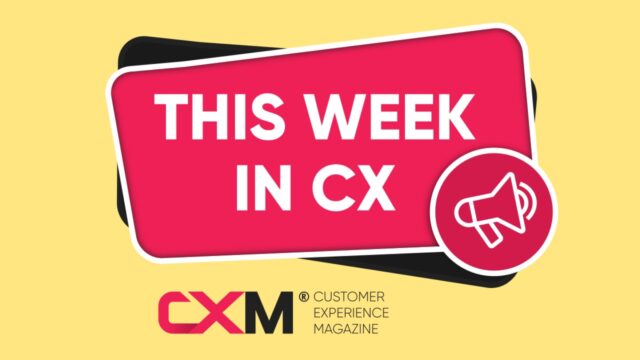July 07, 2025
Gen Z Graduates, But the Job Market Skips Class

According to an iCIMS report, this summer’s graduating class is hitting the job market hard, 22% harder, in fact, than last year. Yet despite the flood of new applications, actual job openings aren’t growing in step. New graduates from the Class of 2025 are facing a stark mismatch: job listings remain flat, hiring is down 8% year over year, and unemployment for recent graduates stands at 6.6%, the highest rate in a decade, outside of pandemic disruptions.
While applications for entry-level roles surged, the number of hires rose only 6%, a rise that feels sluggish when compared to the ballooning supply of eager candidates. On average, employers now receive 36 applications for every entry-level job, a sharp rise from last year’s 29. That’s even more competitive than the overall market, which averaged 34 applicants per opening in May.
“There’s no single narrative for entry-level hiring in 2025,” said Trent Cotton, head of talent acquisition insights, iCIMS. “Some companies are pausing, some are building, and others are investing in internal talent. This signals a shift from blanket hiring to business-aligned talent strategies.”
Gen Z Gravitates Toward Tools Over Titles
In a surprising twist, manufacturing is one of the hottest fields for entry-level talent, with a 37% jump in applications year over year. It appears Gen Z is eyeing industries that offer stability, high wages, and a clear pathway to skill-building. Healthcare, by contrast, is attracting fewer new grads, with just a 12% uptick in applications, highlighting a potential talent gap the industry will need to address.
Skill Talk is Cheap
There’s a clear disconnect between how recruiters claim to hire and how they make decisions. Although 95% claim to use skills-based hiring, experience (37%) and education (34%) still outrank skills (28%) when evaluating entry-level applicants. Meanwhile, 44% of Gen Z say they’d love to take job simulations or practical assessments to prove themselves, yet only 30% believe employers value what they can do.
AI Expectations Divide Generations
Artificial intelligence is top of mind, but not equally understood. Over half of Gen Z expects AI to be a part of their future work life, but nearly half remain unsure or doubtful about using AI tools regularly. Recruiters, however, are already planning for an AI-driven workplace. As many as 96% say that within two years, entry-level employees will be managing AI agents. Supporting this, a majority of CIOs (72%) report that they’re actively preparing for the deployment of agentic AI over the next one to three years, with 13% planning to act within the next 12 months.
The Class of 2025 enters the workforce digitally fluent, AI-aware, and hungry to prove themselves. But they’re colliding with outdated hiring mindsets and a job market that’s struggling to absorb their energy. For forward-thinking companies, this generation is a competitive advantage waiting to be unlocked. It’s time to stop talking about future skills and start hiring for them.



